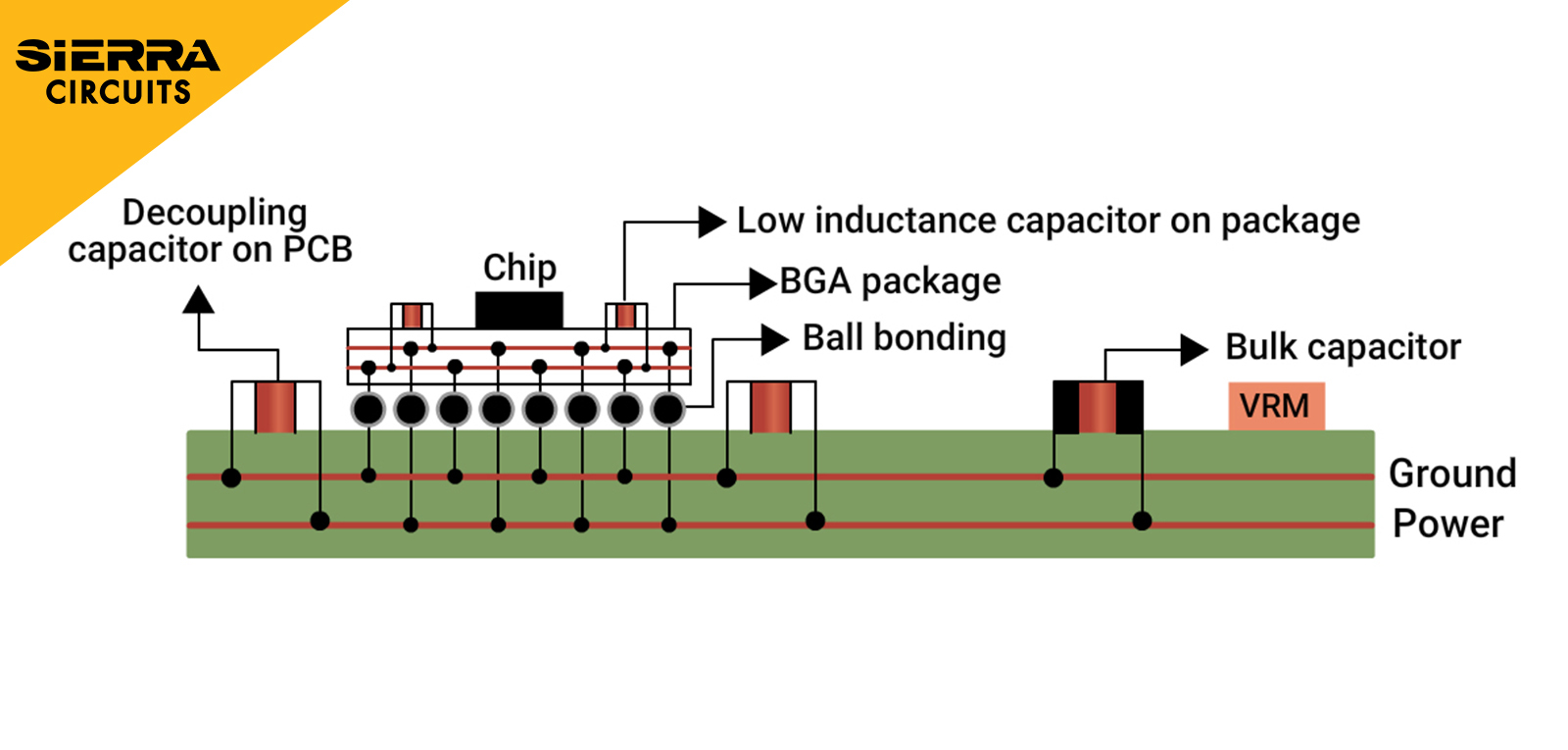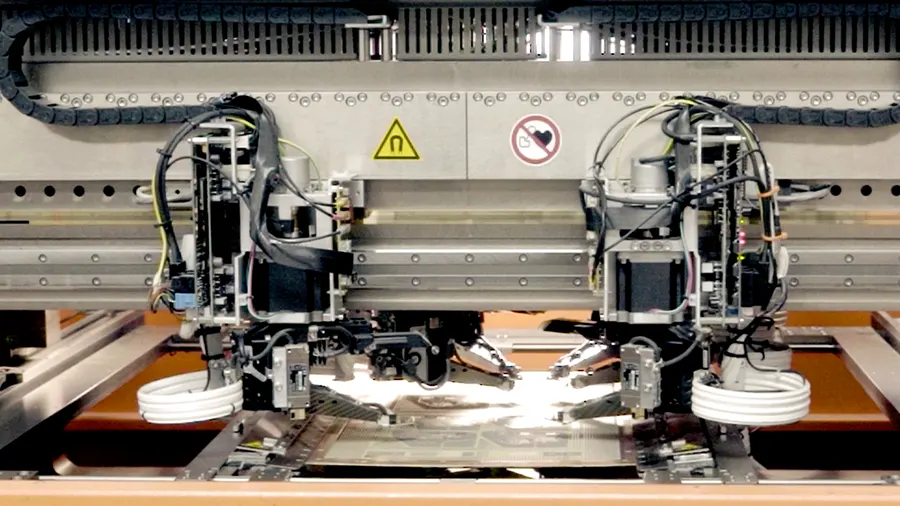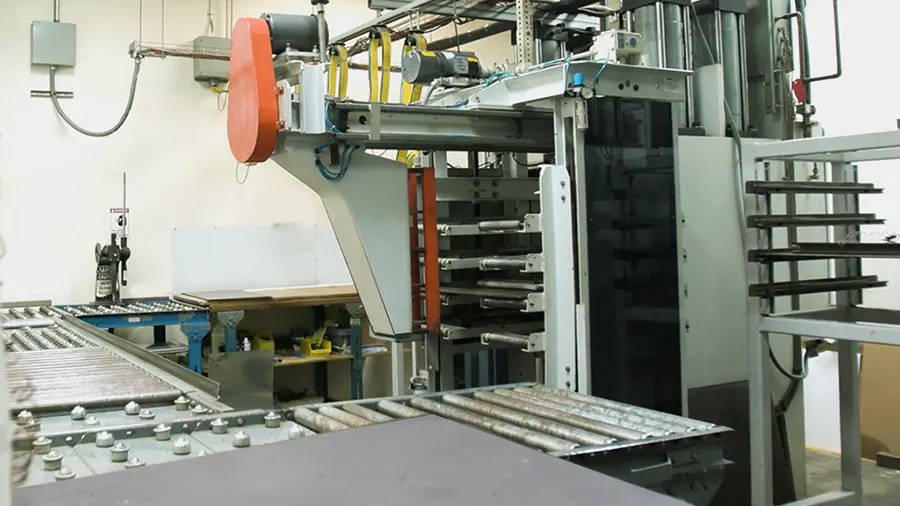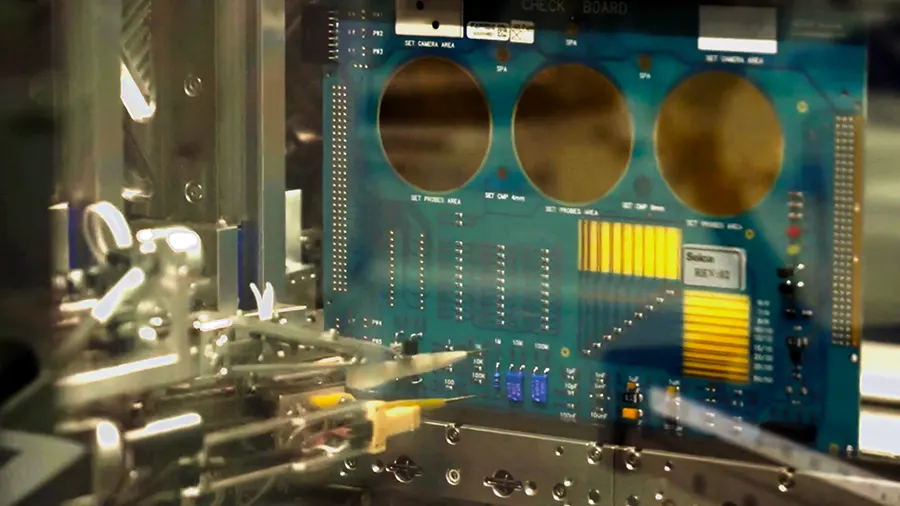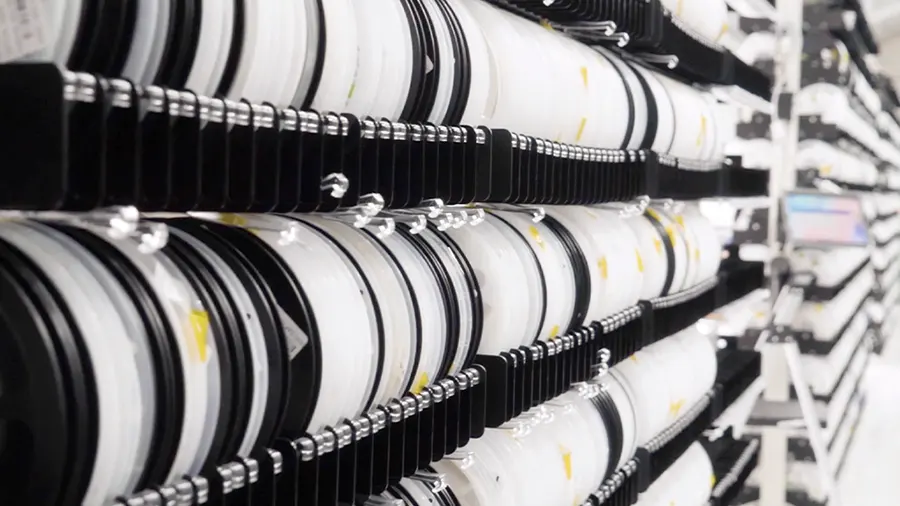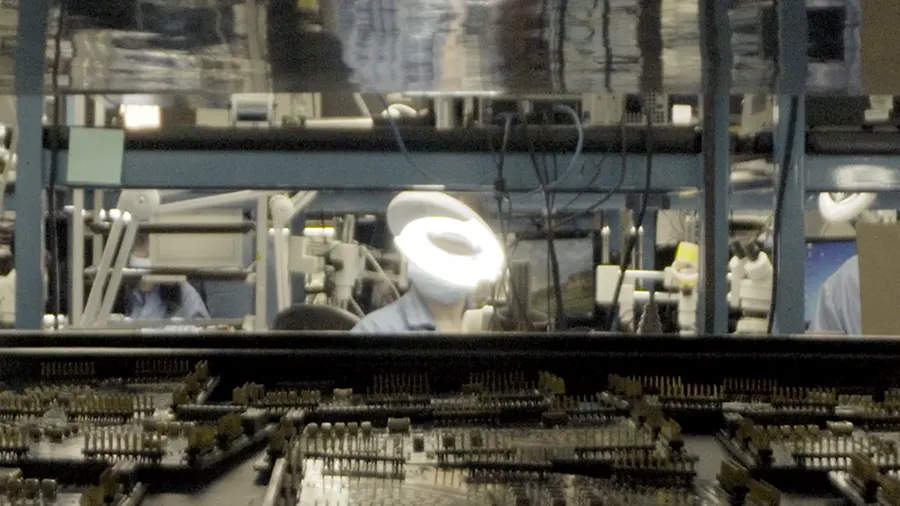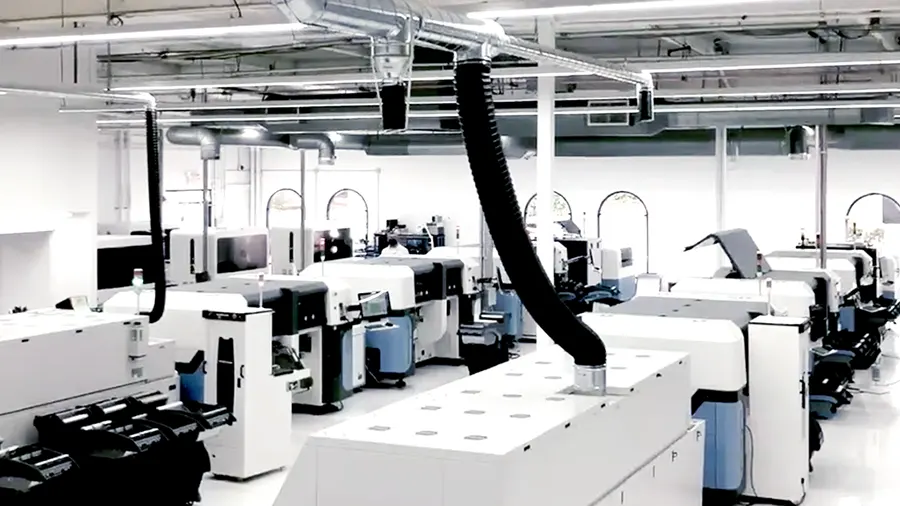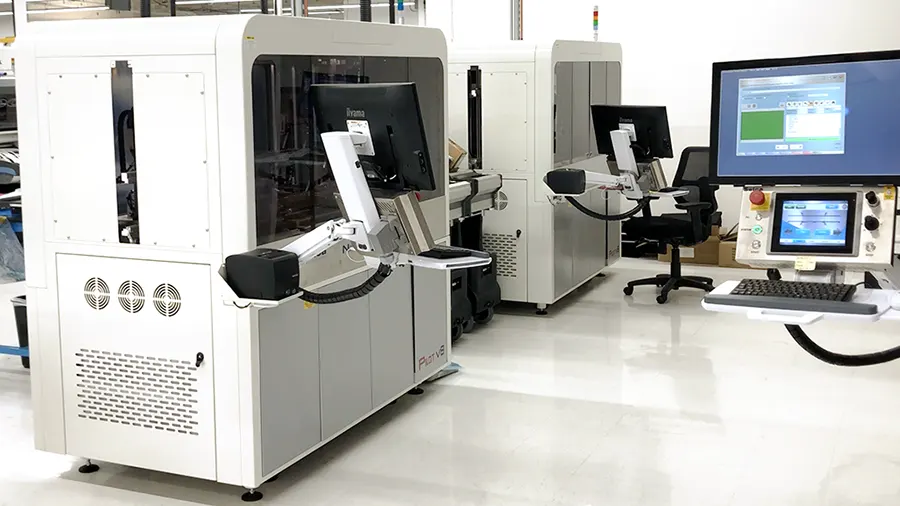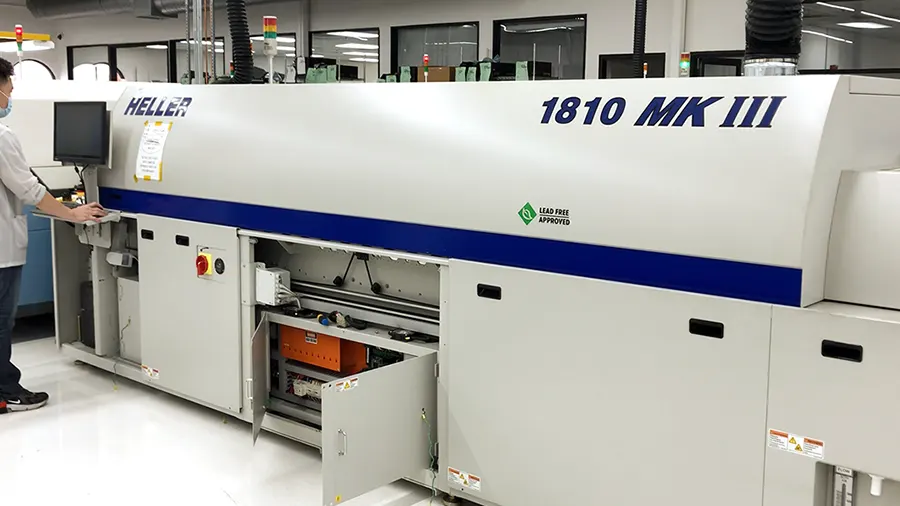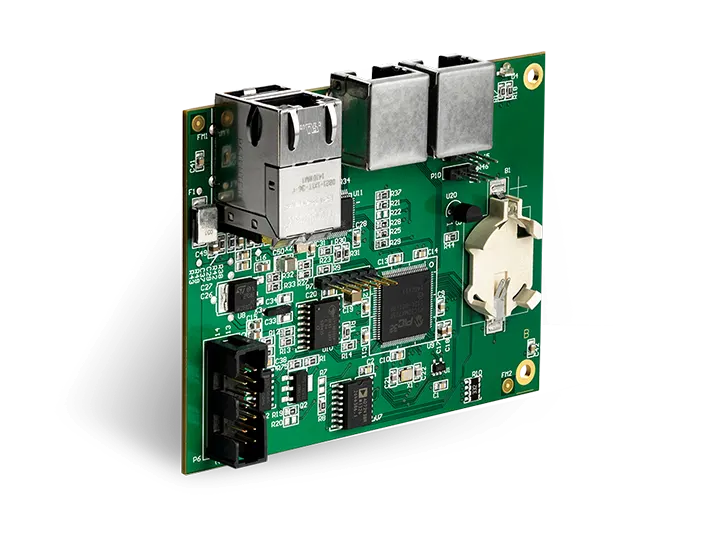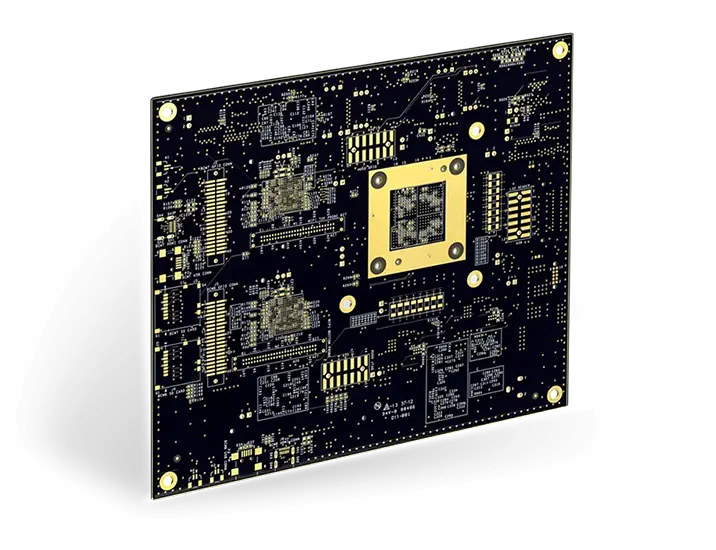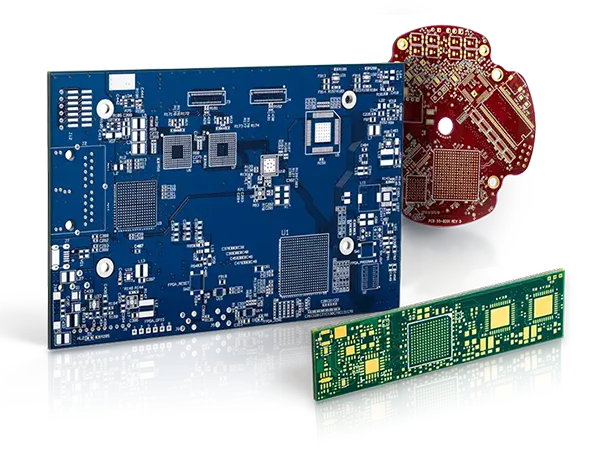LEARN PCB
PCB Manufacturing
- How PCB Scaling Counteracts Material Shrinkage During Lamination
- IPC-1601 A: PCB Handling and Storage Guidelines
- PCB Manufacturing Process
- PCB Manufacturing Resources
- DFM Rules
- PCB Via Tenting Design Rules and Fabrication Notes
- PCB IPC Standards Resources
- PCB Stack-Up
- PCB Stack-up Resources
- PCB Substrates
- PCB Material Selection
- PTFE Vs. Non-PTFE RF PCB Laminates
- Copper for PCBs
- Heavy Copper PCBs
- High Tg PCBs
- Rogers PCB
- Flex and Rigid-Flex PCB
- HDI PCB
- Gold Fingers or Edge Fingers
- CAM
PCB Assembly
- Solder Mask-Defined Pads Vs. Non-Solder Mask-Defined Pads
- PCB Assembly Process
- Files Required for PCB Fabrication and Assembly
- PCB Assembly Notes
- Kitting Guidelines for PCB Assembly
- How to Design Correct PCB Footprints
- How to Add and Identify Pin 1 Marking in Your PCBs
- Rigid PCB Assembly
- Rigid-Flex Assembly
- Flex PCB Assembly
- SMT Assembly
- How to Select a PCB Cable Assembly
- Through-Hole Assembly Design Rules
- DFA Rules
- BGA Assembly
- Panel Requirements for PCB Assembly
- Array Panelization
- Different SMD Component Package Sizes
- PCB BOM File
- Solder Paste
- Manual Soldering
- Wave Soldering Design Considerations
- Mixed Assembly Advantages
- Component Sourcing
- Component Orientation and Polarity
- Component and Footprint Resources
- PCB Assembly Resources
PCB Design and Layout
- How Thermal Vias Enhance Heat Dissipation in PCBs
- Schematic Design Rules
- PCB Layout Design
- PCB Layout Rules
- Files Required for PCB Fabrication and Assembly
- Characteristic Impedance
- Designing High-Frequency PCBs
- How to Export and Get Started with IPC-2581
- IPC Class 3 PCB Design and Manufacturing Standards
- PCB Via Design
- PCB Component Placement Rules
- High-Speed Layout Design Rules
- PCB Layer Orientation
- BGA Fanout
- Design for HDI
- PCB Design Resources
- Power Integrity Resources
- Signal Integrity Resources
- PCB Materials Resources
- High-Speed PCB Resources
- HDI PCB Resources
PCB Basics
Vias, Drilling & Throughplating
- PCB Via Design
- Plated-Through Slots
- Castellated Holes or Plated Half-Holes
- Via Covering in PCBs
- Blind and Buried Vias
- Countersink and Counterbore Holes in PCBs
- Side Plating
- Annular Ring
- Annular Breakouts
- Annular Ring Size Considerations
- Annular Ring Manufacturing issues
- Drills and Through-Hole Plating
- Via-in-pad
Mechanics
Surface
SMD
Quality
- How PCB Scaling Counteracts Material Shrinkage During Lamination
- IPC-1601 A: PCB Handling and Storage Guidelines
- PCB Manufacturing Process
- PCB Manufacturing Resources
- DFM Rules
- PCB Via Tenting Design Rules and Fabrication Notes
- PCB IPC Standards Resources
- PCB Stack-Up
- PCB Stack-up Resources
- PCB Substrates
- PCB Material Selection
- PTFE Vs. Non-PTFE RF PCB Laminates
- Copper for PCBs
- Heavy Copper PCBs
- High Tg PCBs
- Rogers PCB
- Flex and Rigid-Flex PCB
- HDI PCB
- Gold Fingers or Edge Fingers
- CAM
- Solder Mask-Defined Pads Vs. Non-Solder Mask-Defined Pads
- PCB Assembly Process
- Files Required for PCB Fabrication and Assembly
- PCB Assembly Notes
- Kitting Guidelines for PCB Assembly
- How to Design Correct PCB Footprints
- How to Add and Identify Pin 1 Marking in Your PCBs
- Rigid PCB Assembly
- Rigid-Flex Assembly
- Flex PCB Assembly
- SMT Assembly
- How to Select a PCB Cable Assembly
- Through-Hole Assembly Design Rules
- DFA Rules
- BGA Assembly
- Panel Requirements for PCB Assembly
- Array Panelization
- Different SMD Component Package Sizes
- PCB BOM File
- Solder Paste
- Manual Soldering
- Wave Soldering Design Considerations
- Mixed Assembly Advantages
- Component Sourcing
- Component Orientation and Polarity
- Component and Footprint Resources
- PCB Assembly Resources
- How Thermal Vias Enhance Heat Dissipation in PCBs
- Schematic Design Rules
- PCB Layout Design
- PCB Layout Rules
- Files Required for PCB Fabrication and Assembly
- Characteristic Impedance
- Designing High-Frequency PCBs
- How to Export and Get Started with IPC-2581
- IPC Class 3 PCB Design and Manufacturing Standards
- PCB Via Design
- PCB Component Placement Rules
- High-Speed Layout Design Rules
- PCB Layer Orientation
- BGA Fanout
- Design for HDI
- PCB Design Resources
- Power Integrity Resources
- Signal Integrity Resources
- PCB Materials Resources
- High-Speed PCB Resources
- HDI PCB Resources
- PCB Via Design
- Plated-Through Slots
- Castellated Holes or Plated Half-Holes
- Via Covering in PCBs
- Blind and Buried Vias
- Countersink and Counterbore Holes in PCBs
- Side Plating
- Annular Ring
- Annular Breakouts
- Annular Ring Size Considerations
- Annular Ring Manufacturing issues
- Drills and Through-Hole Plating
- Via-in-pad
